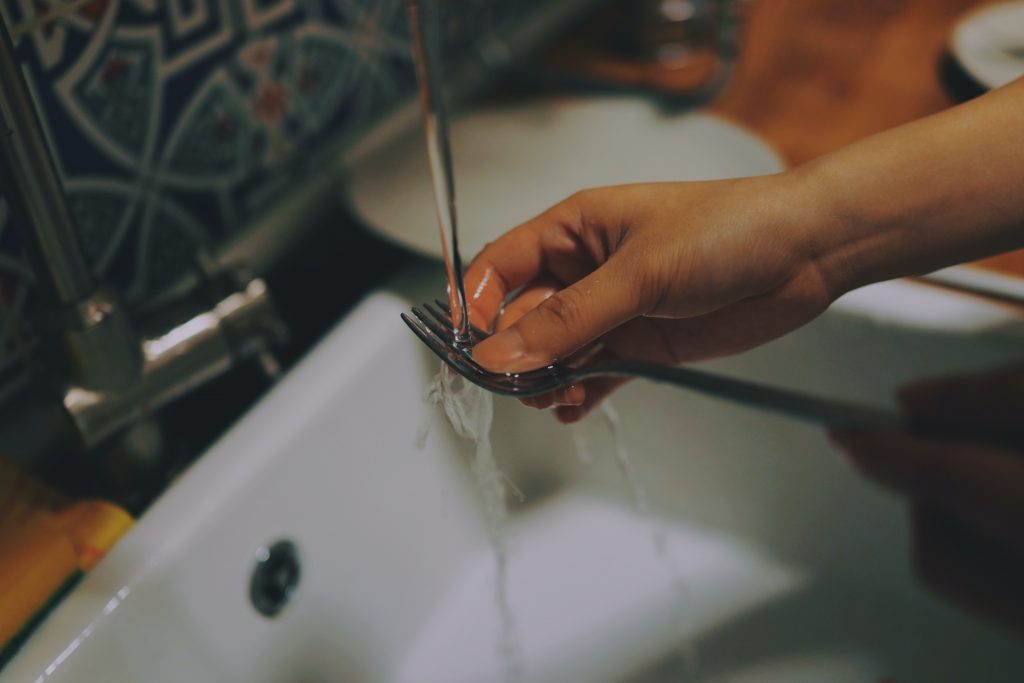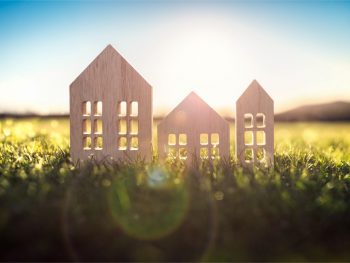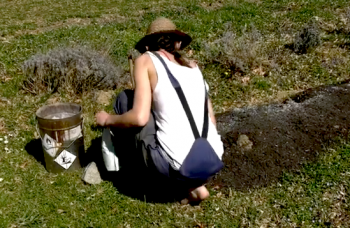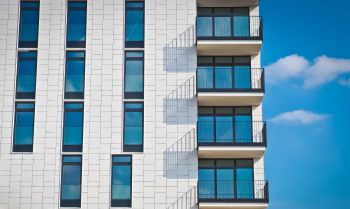How nature-based solutions could help Vienna grow vegetables for its inhabitants

A paper published by alchemia-nova quantifies the recoverable nutrient budget contained in household wastewater and municipal source-separated organic waste and food that could be produced from these secondary nutrients, with the example of the city of Vienna, Austria.
A recent paper by research and innovation institute alchemia-nova sets out a simple model for quantifying the nutrients that nature-based solutions (NBS) could recover from wastewater and biodegradable kitchen waste in people’s homes. This model reflects the metabolization of water and nutrients by treatment wetlands and biogas digesters into fertigation water and fertilizer. Based on the number of people connected to this system, the model calculates the amount of nutrients and water that could be recovered, made plant-available and finally harvested as food.
The results show that in Vienna, for example, wastewater and kitchen waste from 77,250 inhabitants could meet the city’s demand in nitrogen and phosphorus fertilizer for its entire vegetable production, which currently supplies a third of vegetables eaten by the inhabitants. Other people connected to the system could supply extra nutrients to produce other crops in and beyond the Austrian capital.
The model can be used to select and design SBSs for nutrient recovery and reuse. It can also support planning and optimisation of secondary nutrient sources.
NBS systems for the recovery and reuse of resources need more space than conventional technologies. They also require changes in how wastewater and the built environment are managed and developed. Despite this, NBSs could be integrated into the urban and peri-urban system as a way to move towards intensive greening in towns and cities.
“This paper provides an understanding of the potential of resources (water and nutrients) that could be recovered in decentralised resource management systems using technologies demonstrated by the HOUSEFUL project at building scales. The results of this paper show the potential of upscaling HOUSEFUL solutions and underline the motivation to widely implement its technologies to create sustainable urban water and food systems”, says Maria Wirth, from alchemia-nova.
The research presented in the paper was carried out by alchemia-nova as part of the EU-funded project HOUSEFUL, aiming to develop innovative circular solutions for the management of waste, water, energy and materials in the housing sector. The full title is: Potential Nutrient Conversion Using Nature-based Solutions in Cities and Utilization Concepts to Create Circular Food Systems.




